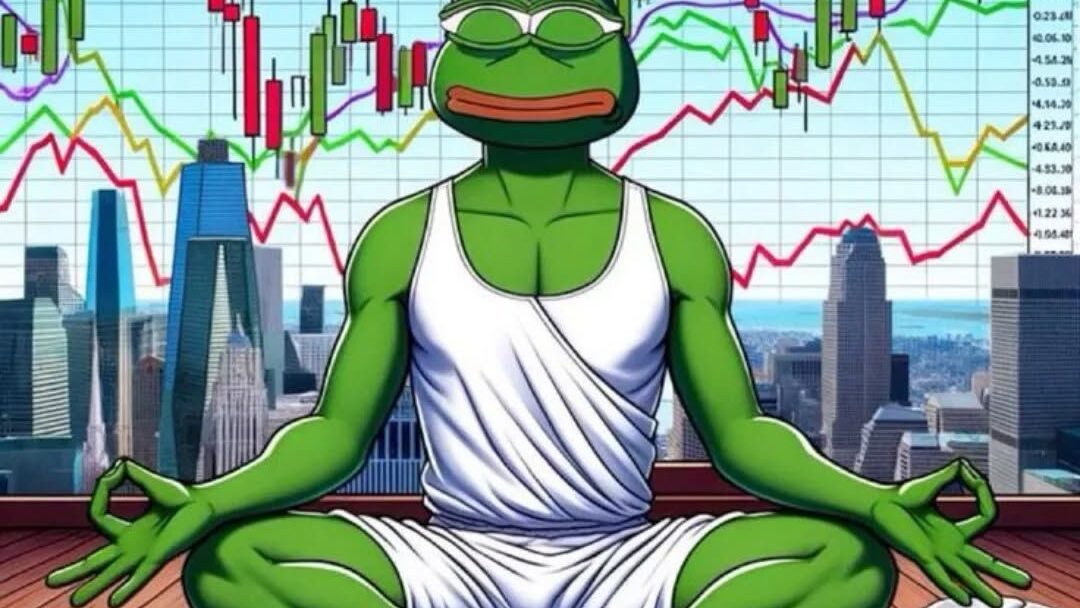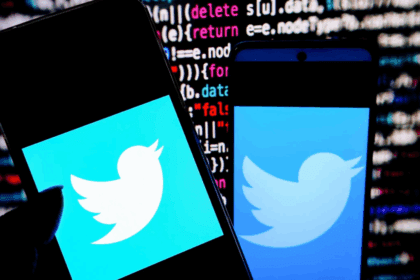What begins as a joke online often ends up shaping global culture and in some cases, big business. Meme pages, once run by anonymous admins for laughs, are now evolving into serious entrepreneurial ventures. With millions of followers, these digital communities have proven they can monetize attention, launch brands, and even attract venture capital. The journey from viral post to profitable company is one of the most fascinating transformations of the social media era.

From Humor to Influence
Meme pages thrive on relatability, distilling culture into a single, shareable image or phrase. Accounts like Daquan, 9GAG, and ShitheadSteve built loyal audiences not just for humor but for shaping online conversation. With consistent engagement and millions of daily impressions, meme creators soon realized they had influence rivaling traditional media outlets. That influence was the first stepping stone toward business potential.
Monetizing Attention
Attention is the new currency, and meme pages own a lot of it. Sponsored posts, branded partnerships, and merchandise sales were the first revenue streams. Daquan, for instance, was acquired by Warner Music Group in 2020 after proving it could drive massive traffic to music content. FuckJerry, another meme powerhouse, spun off into Jerry Media, managing campaigns for films and Fortune 500 companies. What began as lighthearted memes had turned into structured revenue models.
Community-Driven Products
Some meme accounts went beyond ad partnerships, creating entirely new products. Betches, which started as a satirical blog, transformed into a media brand with podcasts, books, and retail products. Similarly, Meme App platforms monetize user-generated content by turning viral jokes into marketable assets. These ventures demonstrate how digital communities can evolve into consumer product ecosystems, with memes as the entry point.
Attracting Investors
As meme-driven businesses scaled, investors took notice. In 2021, the founders of ShitheadSteve and other meme admins formed Doing Things Media, which raised over $21.5 million to expand its comedy empire. The pitch was simple: audiences trust meme creators more than advertisers. With that trust, meme companies can launch new brands, distribute media, and even influence politics.
Beyond Silicon Valley
Unlike traditional startups, meme businesses rarely come from Silicon Valley. They are often built by digital natives across the globe who understand cultural nuance. This decentralized model shows that innovation is no longer bound to tech hubs, it can emerge from anywhere with an internet connection and creativity. From Instagram pages in Brazil to TikTok memes in Nigeria, global meme entrepreneurs are building scalable companies on their own terms.
Conclusion
The rise of meme pages into companies marks a new chapter in digital entrepreneurship. What started as inside jokes has become a legitimate industry, blending media, marketing, and community-building. For aspiring entrepreneurs, the lesson is clear: where attention flows, opportunity follows. Memes may be fleeting, but the businesses they inspire are proving to be surprisingly enduring.






